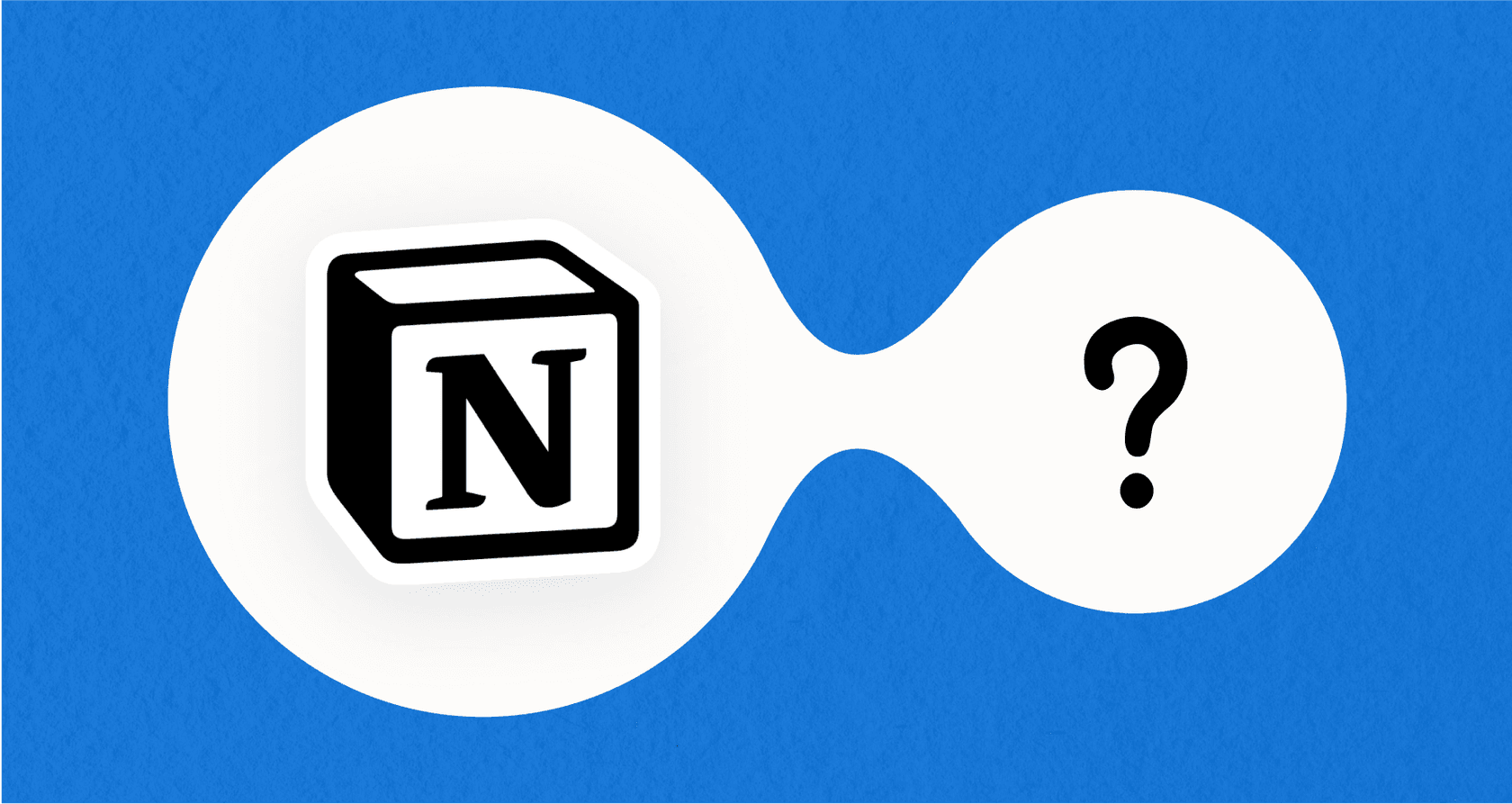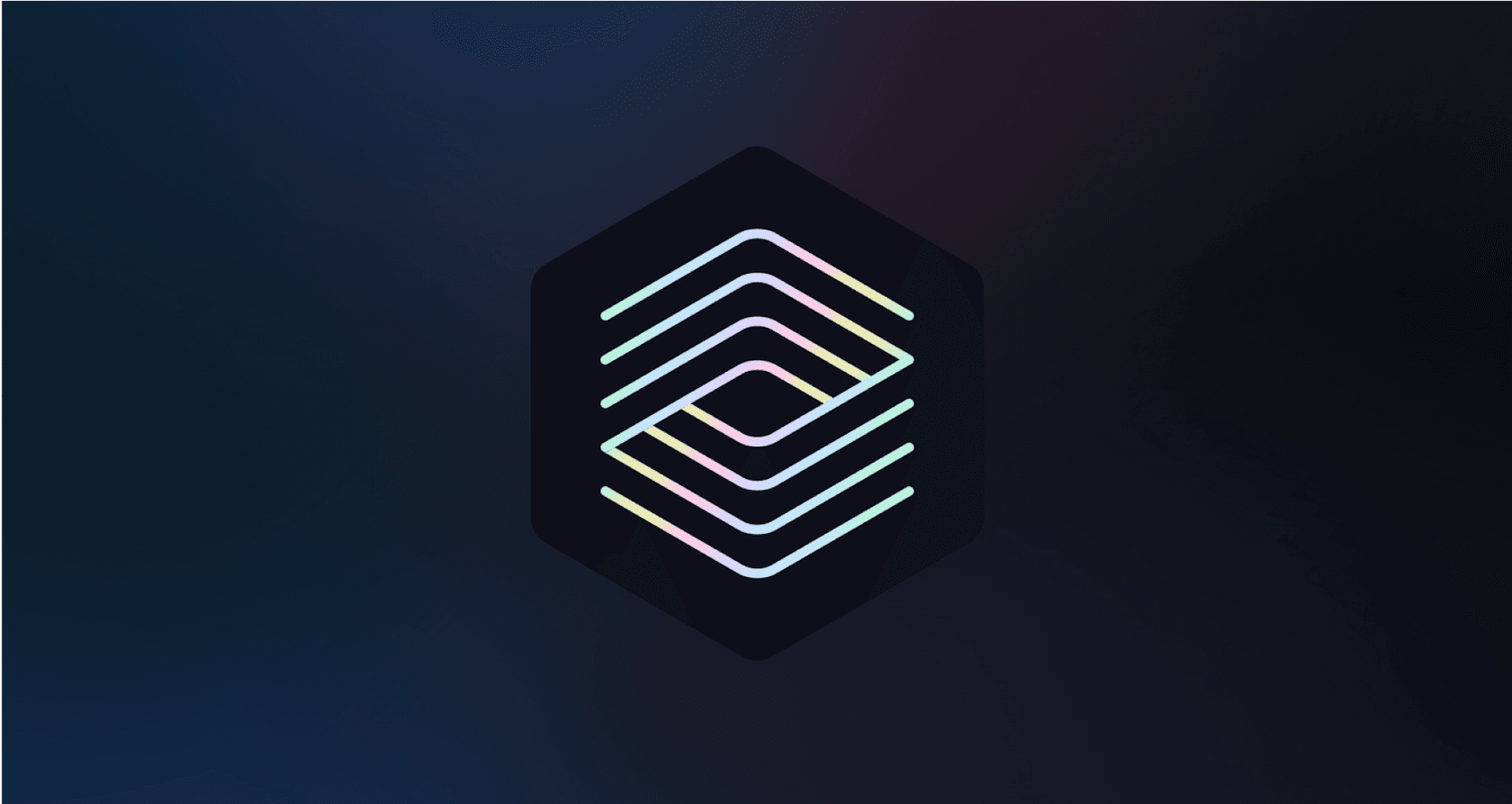
Notion has taken the productivity world by storm, marketing itself as the "all-in-one workspace" for notes, tasks, wikis, and databases. But does it live up to the hype? With so many tools available, it’s crucial to read through comprehensive Notion reviews to see if it’s the right fit for your team or personal use.
In this review, we'll dive deep into what Notion offers, its pricing, and what real users are saying. We'll explore its key features, compare it to competitors, and give you our final verdict based on extensive Notion reviews.
What is Notion and how does it work?
Notion is a unique application that blends everyday work apps into one. Think of it as a set of building blocks. You can create a simple to-do list, a complex project management dashboard, a company wiki, or a personal journal, all within the same platform.
Its core strength lies in its flexibility. A Notion page isn't just a static document; it can contain databases, Kanban boards, calendars, and integrations with other tools like Slack and Google Drive. This modular approach allows users to build custom systems tailored to their specific needs.
Key Notion features
Let's break down the core components that most Notion reviews focus on.
Databases and views
Notion's databases are its most powerful feature. Unlike a traditional spreadsheet, a Notion database is a collection of pages. You can add properties like dates, assignees, and tags, then view the same data in different formats:
-
A table for a structured overview.
-
A Kanban board for tracking project progress.
-
A calendar for scheduling content.
-
A gallery for visual assets.
-
A list for simple task management.
This versatility is a common highlight in many user Notion reviews.
Wikis and documentation
Notion is an excellent tool for creating internal knowledge bases or company wikis. Its nested page structure makes it easy to organize information hierarchically. Teams can collaborate on documents in real-time, leaving comments and tracking changes. This is a huge plus for remote teams looking to centralize their knowledge.
AI integration: What Notion reviews say about Notion AI
Recently, Notion integrated AI capabilities directly into its workspace. Notion AI can help you:
-
Summarize long documents.
-
Brainstorm ideas.
-
Draft emails or blog posts.
-
Improve your writing.
-
Translate text.
This has been a game-changer for many, streamlining workflows and boosting productivity.
Notion pricing
Notion offers a tiered pricing structure to cater to different users.
| Plan | Price (per user/month, billed annually) | Key Features |
|---|---|---|
| Free | $0 | Unlimited blocks for individuals, invite up to 10 guests. |
| Plus | $8 | Unlimited blocks for teams, unlimited file uploads. |
| Business | $15 | SAML SSO, private teamspaces, advanced page analytics. |
| Enterprise | Custom | User provisioning (SCIM), advanced security & controls. |
The free plan is incredibly generous, making it a great starting point for individuals and small teams. However, for larger teams needing advanced security and admin features, the paid plans are necessary.
Pros and cons: A summary of Notion reviews
Based on hundreds of Notion reviews from platforms like G2 and Capterra, here's a balanced look at its strengths and weaknesses.
Pros: The good stuff
-
Unmatched Flexibility: Build exactly the system you need.
-
All-in-One Workspace: Consolidates notes, tasks, and wikis, reducing the need for multiple apps.
-
Powerful Databases: The ability to view data in multiple ways is a standout feature.
-
Generous Free Plan: Perfect for personal use or small teams just starting.
-
Aesthetic and Clean UI: A visually pleasing and customizable interface.
Cons: The not-so-good stuff
-
Steep Learning Curve: The sheer flexibility can be overwhelming for new users.
-
Performance Issues: Can be slow to load, especially with large databases.
-
Limited Offline Mode: The mobile and desktop apps have limited functionality without an internet connection.
-
Collaboration Can Be Clunky: While real-time editing exists, it’s not as seamless as Google Docs for some users.
Real user reviews
What do actual users think?
-
On G2, Notion has a rating of 4.7 out of 5 stars from over 4,000 reviews. Users praise its "customization and versatility".
-
On Capterra, it holds a 4.7 out of 5-star rating, with many highlighting it as the central hub for their company's operations.
Common complaints often revolve around the initial setup time and occasional sluggishness. However, the overwhelming sentiment in most Notion reviews is positive.
Who is Notion best for?
Notion is ideal for:
-
Individuals and Students: For organizing notes, tasks, and personal projects.
-
Startups and Small Teams: Who need a flexible, all-in-one tool without a hefty price tag.
-
Content Creators and Freelancers: For managing content calendars, client work, and invoices.
-
Product and Engineering Teams: For building roadmaps, managing sprints, and creating documentation.
Larger enterprises might find it lacks some of the robust, specialized features of dedicated tools like Jira or Confluence, but its Enterprise plan is closing that gap.
Is Notion worth it?
So, is Notion worth it? Based on countless Notion reviews and our own analysis, the answer is a resounding yes for most users. Its unique blend of flexibility, power, and design makes it a top-tier productivity tool.
While it has a learning curve and some performance quirks, the value it provides, especially on its free plan, is hard to beat. If you're willing to invest some time in setting up your workspace, Notion can transform the way you organize your work and life. It's more than just a note-taking app; it's a blank canvas for your productivity.
FAQs about Notion reviews
1. Is Notion better than Evernote? It depends on your needs. Evernote is a simpler, more focused note-taking app. Notion is a more powerful, all-in-one workspace. If you need robust databases and project management, Notion is superior. For pure note-taking, some still prefer Evernote's simplicity.
2. Can Notion replace Jira? For smaller teams or less complex projects, yes. Notion's databases and Kanban views can replicate many of Jira's core functions. However, Jira offers more advanced features for agile development, like detailed reporting and integrations specific to software development workflows.
3. Is Notion safe for work documents? Notion is SOC 2 Type 2 compliant and offers features like SAML SSO on its Business and Enterprise plans, making it a secure option for many companies. However, always check your company's specific security and compliance requirements.
4. What are the best Notion alternatives? Top alternatives include ClickUp, Asana, Trello, Coda, and Microsoft Loop. Each has its own strengths, so it's worth exploring them based on your specific needs. Coda is the most similar in terms of its "doc-as-an-app" approach.
Share this post

Article by
Kenneth Pangan
Writer and marketer for over ten years, Kenneth Pangan splits his time between history, politics, and art with plenty of interruptions from his dogs demanding attention.






